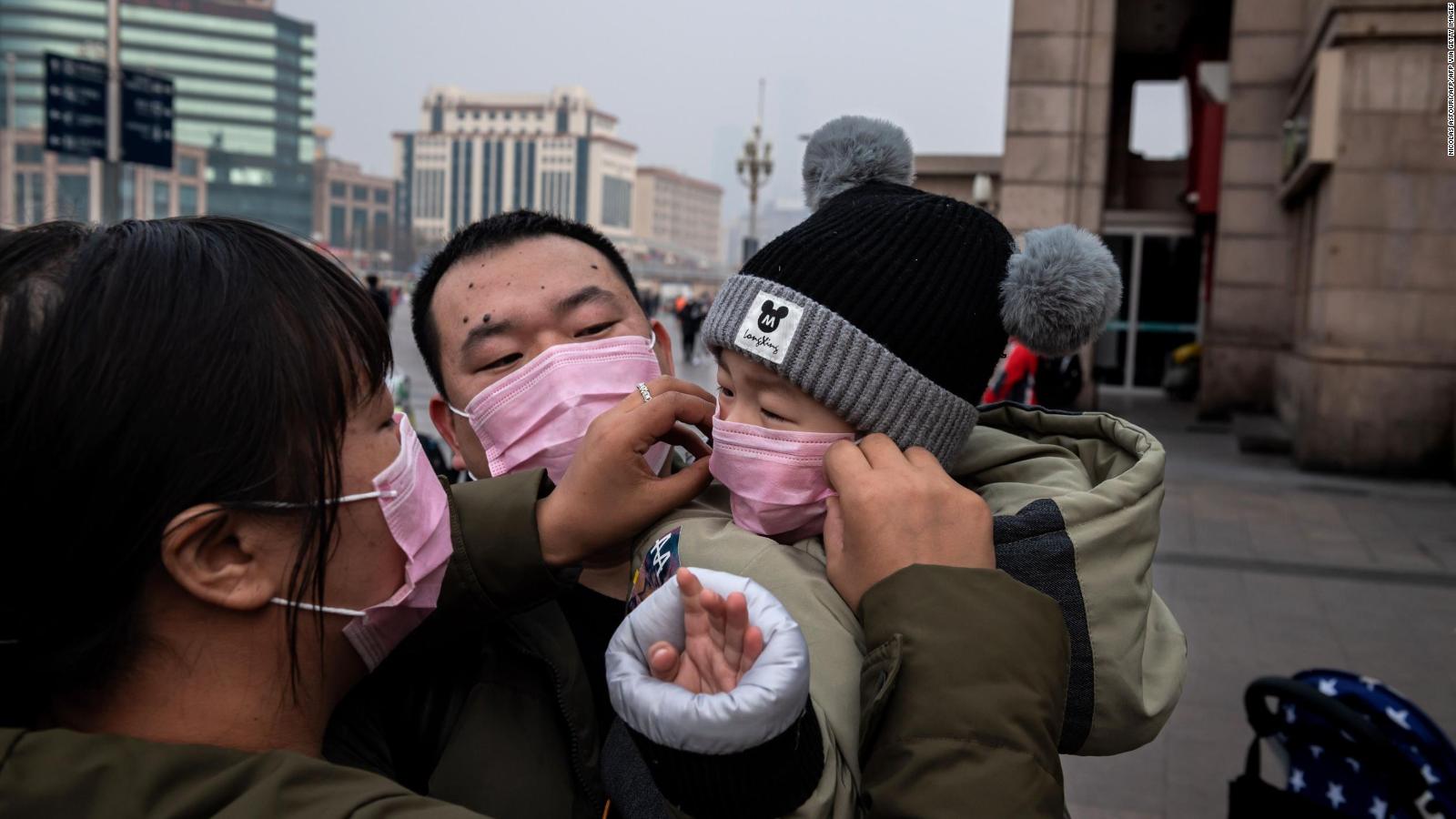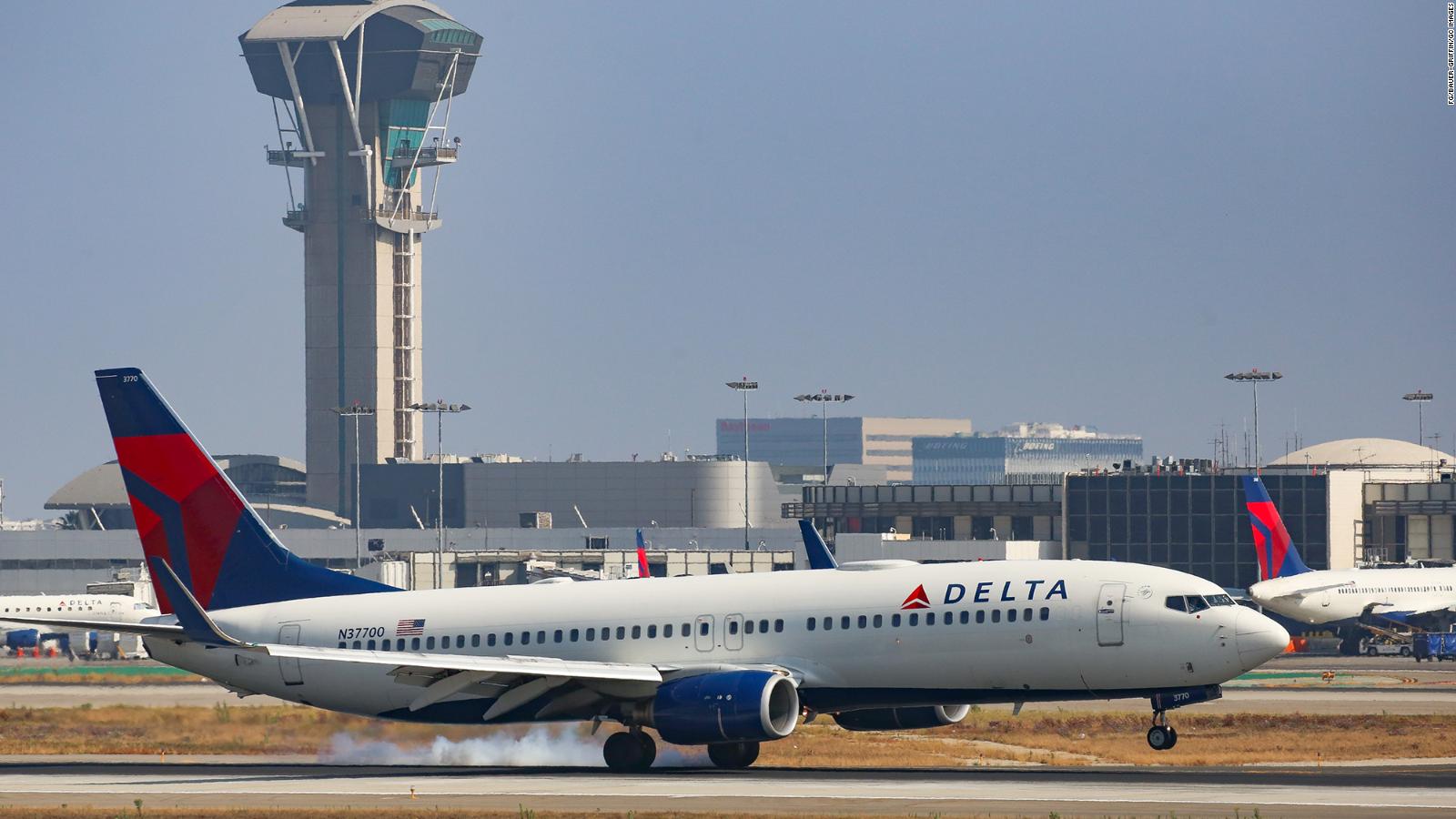There are about 240 passengers on board, flying in from the very epicenter of the outbreak. The Wuhan coronavirus has killed 100 people in China. It has infected more than 2,700 people in Hubei province, where Wuhan is located, and the virus has spread to more than a dozen countries.
When the plane arrives, health officials face tough questions: Even if passengers are healthy, should they be quarantined in Ontario, away from the general public to make sure they're not carrying the virus? And for how long?
"I bet this is under intense discussion," said Dr. William Schaffner, an infectious disease specialist and a longtime adviser to the US Centers for Disease Control and Prevention.
Chinese health officials have said people can spread the virus before they're showing symptoms -- but US health officials say they're not sure that's true.
That makes the choice about what to do with the returning Americans that much harder. Among the passengers are about three dozen US diplomats and their families.
"These are not easy decisions," said Dr. Peter Hotez, an infectious disease specialist and dean of the National School of Tropical Medicine at Baylor College of Medicine.
At a press briefing Tuesday morning in Washington, US Secretary of Health and Human Services Alex Azar was vague about plans for the passengers.
"We'll take whatever the appropriate evidence-based public health measures are with them, as we would in any other situation," he said.
A San Bernardino County, California, official said Tuesday those traveling on the charter flight from Wuhan may have to stay isolation between three days and two weeks.
Curt Hagman, chairman of the San Bernardino County Board of Supervisors, said there's no indication any of the travelers have the virus, but authorities are setting up beds, phones chargers and televisions in an isolated, dormant hangar.
They have no idea how long people might be staying, but they're preparing for them to watch Sunday's Super Bowl in the hangar.
"They're going to be isolated from the plane. They're not going to the public areas of the airport. They're not going to be exposed to the general public until CDC clears them to go on their way," Hagman said.
A spokesman for the California Governor's Office of Emergency Services declined to comment on the plans.
To quarantine or not to quarantine
The United States isn't the only place to face the decision about what to do with people traveling from Wuhan. French Health Minister Agnès Buzyn said Sunday that when the French citizens fly home this week, they will be kept in one place to avoid any spread of the virus.
"In order to avoid any spread on the national territory, all the people who are being repatriated will be monitored by health professionals, and will be held for 14 days," Buzyn said.
Health authorities believe the incubation period -- the time from exposure to the virus until the onset of symptoms -- could be as many as 14 days.
As the United States works through what to do with its returning citizens, the French choice is one of many options -- but an extreme one.
"We value freedom in the US and we tend to restrict people only when really necessary," said Schaffner, an infectious disease expert at Vanderbilt University Medical Center.
On the flip side, the other extreme would be to check the returning passengers, and as long as they're healthy, allow them to continue to their homes in various parts of the country. The passengers would be told to call their doctors immediately if they start to show symptoms, such as respiratory problems and fever.
Schaffner said the best approach might be somewhere in the middle.
Health authorities could sequester the passengers in one location for a number of days and test them for the virus, and let passengers return home if they are negative.
Hotez, the infectious disease expert at Baylor, agreed that a middle-of-the-road approach made sense.
Still another expert said he thought healthy passengers should be allowed to go home without a waiting period.
Dr. Paul Offit, a pediatric infectious disease expert at the Perelman School of Medicine at the University of Pennsylvania, said that when someone on a plane is found to have influenza, fellow passengers are not quarantined.
"We don't do this for the flu, and it's known to cause 30,000 deaths in the US every year," he said.
Schaffner, however, said that this virus is different from the flu, because there are so many unknowns about how easily it spreads. In addition, even though it appears unwarranted, there is more public anxiety about the Wuhan coronavirus than about the flu.
"This virus is new, mysterious, strange, and from over there in some exotic place," he said. "The psychology here is very different."
Bagikan Berita Ini


















0 Response to "Evacuees from Wuhan are on a plane to the United States. Should they be quarantined?"
Post a Comment